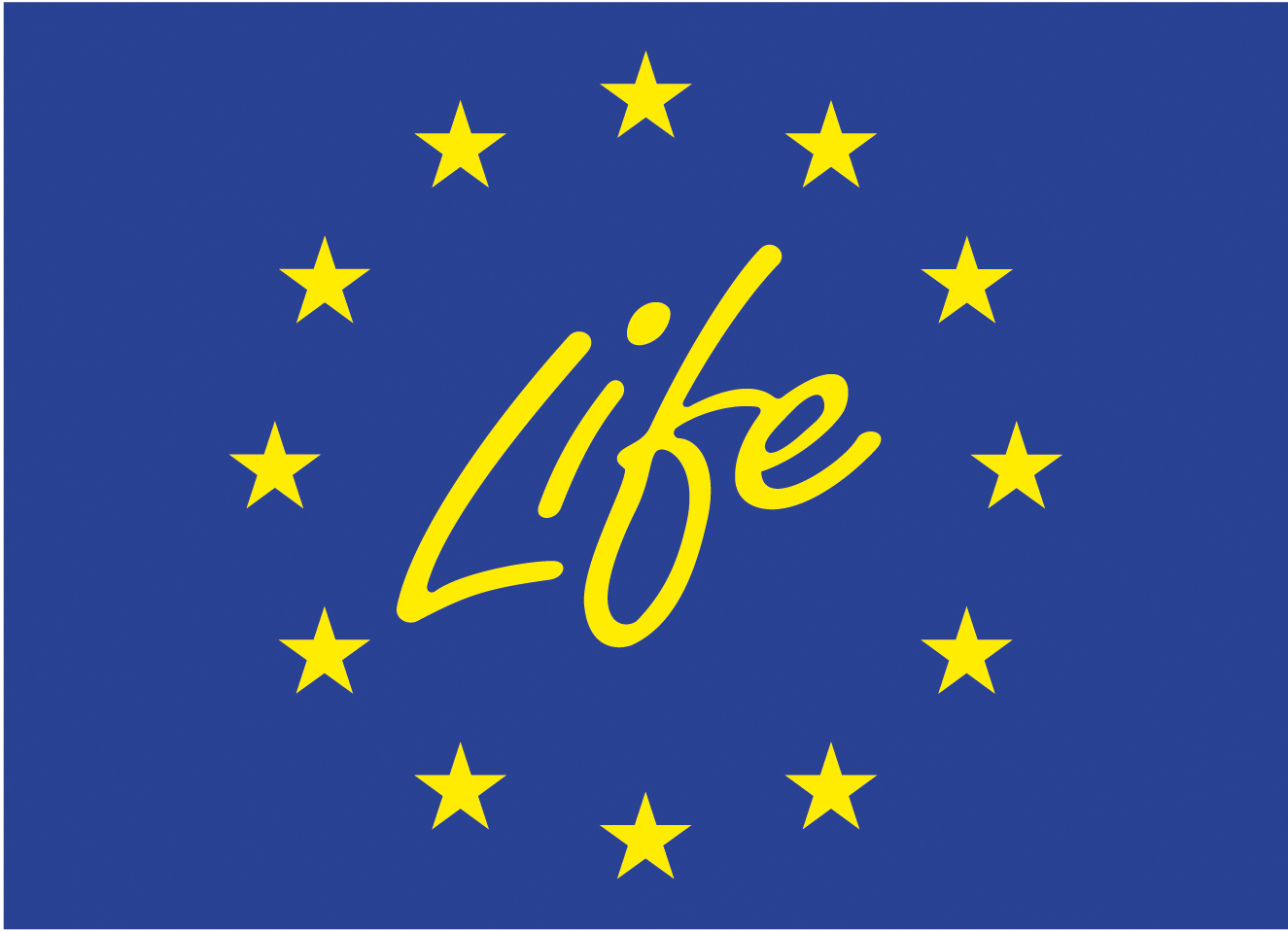Shaping agrifood’s future: Future CAP should empower farmers and ensure agroecological transition
BUDAPEST, HUNGARY, 10 SEPTEMBER 2024 – Following last week’s recommendations of the strategic dialogue on the future of EU agriculture, the organic movement continues building bridges and identifying a way forward with high-level policymakers and the sector at its European Organic Congress. High on the congress’ agenda is a piece of EU policy that can make or break this transition: the Common Agricultural Policy (CAP).
Ahead of the congress, starting today with an inaugural speech from Dr. István Nagy, Hungarian Minister for Agriculture, the organic movement publishes its vision on a CAP fit for the future. This states that a CAP fit for the future is in line with the Strategic Dialogue’s opinion that a transition to sustainable agri-food systems is necessary and there are solutions that work for farmers, nature and society. To achieve this, the CAP needs an ambitious reform to enable an agroecological transition of Europe’s agriculture, while:
- Supporting all farmers who want to transform their farms sustainably using a whole-farm approach;
- Adequately rewarding farmers engaged in sustainability systems, such as organic farmers, for the benefits they already deliver to the environment and society; and
- Ensuring the sector’s competitiveness.
Jan Plagge, IFOAM Organics Europe’s President summarised it as follows: “The agrifood sector is facing multiple challenges, so the CAP must undergo an ambitious reform to stay relevant and deliver environmental and socio-economic sustainability. The CAP post-2027 should support both farmers who want to be and those who already are more environmentally ambitious.” He specified: “It is important to encourage those ready to re-designs their farms to be more sustainable and set high environmental ambitions. Moreover, the future CAP should also adequately reward farmers already working with nature and provide benefits for ecosystems functions – this needs to be based on a whole-farm approach. As our vision for the CAP post-2027 is in line with the Strategic Dialogue on the future of agriculture’s recommendations, we count on the Commission, Council and Parliament to implement this broad agreement among agriculture and environmental stakeholders that it is time for a fundamental CAP reform.”
Thomas Fertl, IFOAM Organics Europe Board Member and farming sector representative elaborated on the approach: “We propose a three-stage approach to ensure proportionality between a farm’s level of environmental ambition and the funding it receives, based on key areas: soil protection, impact on water, climate, and biodiversity. This would allow for high environmental ambitions, a coherent approach at farm level, while easing administration for farmers and national authorities. Our vision makes two objectives meet: Rewarding farmers who are already engaged in sustainable production methods and supporting other farmers in a gradual transition to agroecology.”
The CAP should also play an important role in market regulation to strengthen farmers’ role in the agrifood supply chain, increase their resilience to economic crises and ensure a decent income. Targeted measures should support farmers based on socio-economic criteria.
Ends.
Contact details
Kindly note that both contacts listed below are at the European Organic Congress. They may not respond immediately.
Eva Berckmans, Communications Manager
[email protected]
and
Eric Gall, Deputy Director
+32 491 07 25 37 [email protected]
or visit www.organicseurope.bio
Background information
Useful documents
- Position paper: A Common Agricultural Policy fit for the future – The vision of the organic movement for the CAP post 2027
- Press release: Strategic Dialogue – Organic is a leading choice for transitioning to sustainable agrifood systems
- European organic movement’s work on the Common Agricultural Policy
- Organic agriculture and its benefits for climate and biodiversity – Report and visualised
About the European Organic Congress
During the European Organic Congress 2024, high-level speakers will discuss a common vision for the future of agriculture, including the need to transform the Common Agricultural Policy (CAP).
Among the speakers are representatives Dr. István Nagy, Hungarian Minister of Agriculture; Herbert Dorfmann, Member of the European Parliament and AGRI committee coordinator; Stefan Krajewski, Secretary of State at the Polish Ministry of Agriculture and Rural Development, and representatives from the EU institutions and farming organisations, and of course, representatives of the European and global organic movement.

The work of IFOAM Organics Europe on this topic is co-financed by the LIFE programme of the European Union, under the Climate, Infrastructure and Environment Executive Agency (CINEA). This page only reflects the views of the authors and its sole responsibility lies with IFOAM Organics Europe. The CINEA is not responsible for any use that may be made of the information provided.

